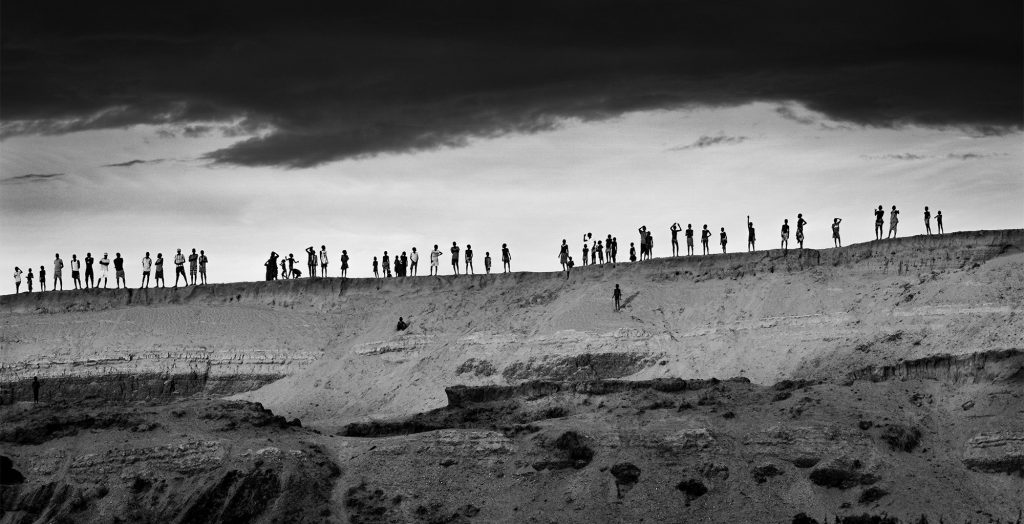In a recent article on the immediate and long term impact of Covid-19 on Africa’s wildernesses and the prospects of the communities that both rely on and guarantee those wildernesses, African Wildlife Foundation’s Edwin Tambara pulls no punches. Describing Covid as a spectre ‘disrupting the balancing act of survival for both humans and endangered species’, he says the pandemic’s fallout threatens to reverse 30 years of conservation gains. With tourist revenues effectively cut off since last March, rural income derived from informal employment in cities stymied by lockdown measures, and local economies suffering as consequence, it has exacerbated food security issues, destabilised communities, and could spell disaster for the ‘gains in changing behaviours to wildlife’.
His call to (international and national) action is for stimulus packages ‘designed to include support for communities on the frontlines of wildlife conservation’, that uses the opportunity to develop ‘a regenerative economy’, that doesn’t over-rely on tourism to create said economy, and that makes wildlife conservation an important part the African economy as a whole. This way, he argues, lies the fashioning of a much more resilient economy, one predicated on job creation, and designed to weather whatever future pandemics the world throws its way.
At first sight, Wild Philanthropy’s African Travel Recovery Fund doesn’t appear to quite fit Tambara’s long term bill. A follow up to African Tourism Crisis Fund, which was launched in response to the effect of the Covid-19 pandemic on community-led travel businesses, it was set up as a means of supporting partners facing the significant loss described above, largely due to travel restrictions caused by Covid-19. In this respect, it builds on the Crisis Fund work, mobilising resources to develop a structured support programme for five targetted on-the-ground community-led businesses. It’s resources – intellectual capital, network access, fundraising, and business strategy and operations – coming from the Africa House Group, which was set up to transform the way tourism benefits Africa, it is certainly, as Tambara might say, part and parcel of a travel-driven conservation model.
However, I don’t think Tambara is against such models per se. Rather, if I’m reading him correctly, it’s simply that any travel-driven conservation model worth its salt ought to be understood as no more and no less than catalyst or / and support for the regenerative economies that he speaks of. In the case of at-risk ecosystems like the Kara and Mursi’s Omo Vallley in Ethiopia, that catalyst and support has proved the sole source of livelihoods, and served as stimulus for a nascent hybrid barter-money economy. In Enonkishu or Kenya’s northern rangelands, on the other hand, it’s part of a suite of economies, which together have served to regenerate and sustain rangelands that serve the needs of livestock and wildlife.
Even so, as Tambara says, the combined effect of the pandemic, flood or draught, and eastern Africa’s plagues of locust has devastated even the most apparently resilient rural economies. In this respect, initiatives like the African Travel Recovery Fund are vital to protecting livelihoods and therefore habitat and wildlife. We’re seeking to do more than distribute relief money and so shift away from fire-fighting towards a more strategic long-term plan for helping rebuild the conservation travel businesses in an even more impactful, greener, and sustainable way. In identifying and working with five community-led travel-driven conservation organisations, we hope to where necessary stimulate and always support the making of Tambara’s post-pandemic economies.
For more information on the Recovery Fund and the five identified business, please contact Paul Herbertson. For travel that benefits these five businesses, please contact Will Jones and Angela Sacha, both of Journeys by Design. To donate, see the African Travel Recovery Fund.
